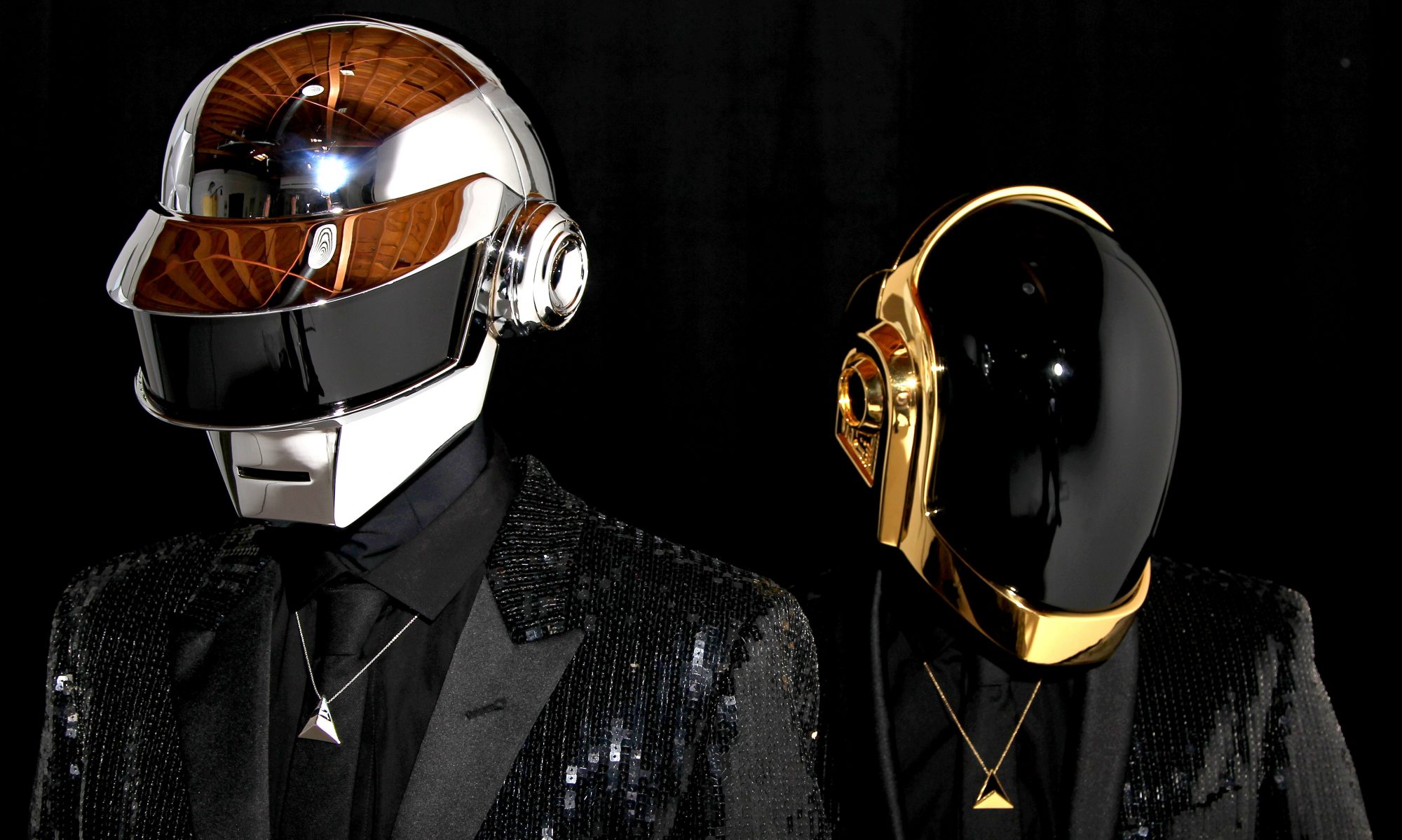| So many Tok clones… No one’s safe from vertical videos. US social giants have desperately tried to replicate the success of TikTok, the short-video app that’s captured Gen Z’s consciousness (call it “GenT”). One of the biggest threats to Meta, Google, Snap, and Twitter isn’t slowing social usership in general — it’s slowing usership because of TikTok. 44 mins/day: Last year people spent more time on TikTok than on Facebook. The Tok may’ve even surpassed time spent on Insta and YouTube worldwide. 1.6B brains: TikTok has more monthly users than Twitter, Snap, and LinkedIn combined. The news: TikTok just added new screentime controls to make its app seem less intensely addictive (think: break reminders). The reality: It likely won’t help. The app’s already shortened kids’ attention spans to where many can’t even sit through a movie or a class. Dancing to the (algo)rhythm… To curate your feed, TikTok’s mysterious algorithm figures out what engages you. And while that’s mostly lip-syncs, cat pranks, and makeup hacks, there’s a dark side to TikTok, which is owned by Chinese tech giant ByteDance — which China’s gov’t owns a stake in. Dangerous content: In addition to life-threatening viral challenges (like holding your breath until you faint or OD’ing on Benadryl), TikTok’s algo has sent teens down rabbit holes promoting eating disorders, porn sites, and gun violence. Misinfo: Many get their news on TikTok, but no one really knows how info (and misinfo) spreads there. Recently TikTok’s been flooded with videos pushing Russia’s narrative on the Ukraine war — which China supports. Censorship: TikTok has cracked down on topics at China’s behest (think: the Uyghur crisis). Any interference from the Chinese government could wreak havoc on US elections and an already divided American democracy.  THE TAKEAWAY Attention = influence… We’re not talking fitness gurus. Commanding attention means directing attention, and TikTok’s captured the mind of a generation. The concern of the (now dead) Tik Tok-ban saga was that ByteDance could pass US data to China. But the real concern is likely TikTok’s influence to direct attention, and the obscurity around who’s really pulling the strings. |

Personal Blog